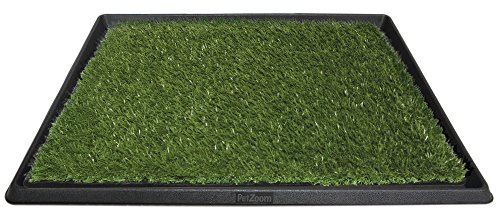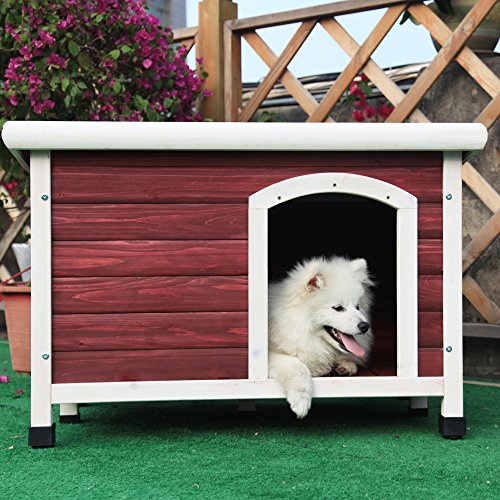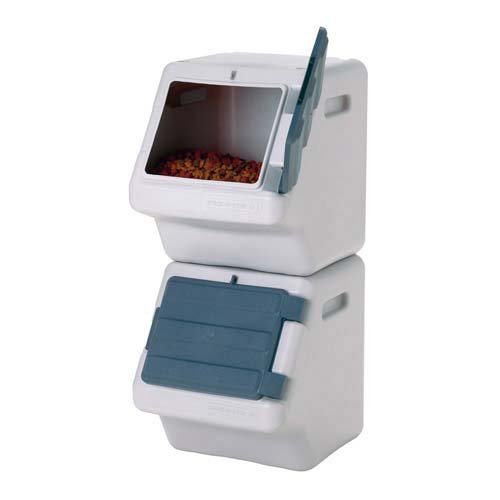Currently, there are many vaccines available for a large variety of species. Chemically inactivated (killed species) vaccines are available for dogs and whole culture vaccine which causes the dog vaccine reactions. Before, leptospiral vaccines only protect against L. canicola and L. icterohaemorrhagiae. Only in the year 2000 that a new vaccine was developed to also protect dogs from L. grippotyphosa and L. pomona.
Prevention through other forms: Solve your rodent problem in the home, keep it well under control. Keep away stagnant water. Make sure to clean and take stagnant water out every corner of your yard, so your dog will not be tempted to drink and to play in it. Mow your lawn regularly. Always provide clean drinking water for your dog. Always be sensitive to your pet's condition. If he shows any abnormal signs, take him to the veterinarian immediately.
Vaccination is a sure way to protect your dog against viral diseases and ensure a longer happy life. A mother dog protects her puppy around six to twelve weeks after birth. She has passed on her immunity mechanism to her puppies by providing disease-fighting antibodies in her first milk. This is called the Maternally Derived Antibody (MDA) or known as "passive immunity." After those weeks of immunity, MDA fades and the puppy is left to protect itself and soon, vaccination takes over the mother's role in providing protection.
Immunity means that there is little or no risk of falling ill to a certain disease. In adult dogs immunity can result from either vaccination or the dog suffering and survived the disease.
Vaccination stimulates the dog's immune system to produce its disease-fighting cells and proteins or what is known as antibodies to protect against diseases. Regular and repeated vaccinations are required. There are vaccination schedules for certain types of diseases for puppies and adult dogs.
For the first vaccination, a course of two vaccinations are usually given as a primary course. This may be administered starting from the sixth week of your dog.
The vaccination history of your dog is an important document. If you happen to not know the history, you may want to consult your veterinary surgeon regarding vaccination right away. A general check up will also be helpful to see if your puppy is in good health condition before giving the vaccines. Having a good health is an important factor to make the vaccines work for your dog or puppy.
Re-vaccination is also necessary as immunity loses its effectiveness after a time, leaving your dogs at risk. Regular boosters are available to maintain the immunity your dog needs. A certificate will be given to you after completing your entire vaccination program. In the certification, the record of vaccinations and the advice for the next booster are indicated. Things you have to remember are: that regular booster is necessary to maintain your dog's vaccination; record of vaccination has to be kept in a safe place for reference; consult your veterinary doctor if your dog appears to be unwell.
Vaccinations are made for the protection of your dog from certain types of diseases. Be guided and keep an eye on the early symptoms: CANINE PARVOVIRUS DISEASE. This is cause by an extremely hardy virus that can last for long periods of time in an environment. The main source of this infection is the feces of infected dogs. Highly contagious and weakening. Symptoms of this disease are as follows: high fever, severe vomiting, listlessness, refusal of food and water and profuse smelly, bloody diarrhea. Common among young puppies and elderly dogs. Combination vaccines are due on the fifth to ninth week of your dog.

 Best Dog Breeds For Children
The best way to have a family friendly dog is to love i
Best Dog Breeds For Children
The best way to have a family friendly dog is to love i
 Kyjen Plush Puppies Alligator Squeaker Dog Toy
If your dog gets new toys an
Kyjen Plush Puppies Alligator Squeaker Dog Toy
If your dog gets new toys an
 Is it a Dog or a Bear?
For large dog breed lovers t
Is it a Dog or a Bear?
For large dog breed lovers t
 Cute Dog Houses
Our pets are part of the fam
Cute Dog Houses
Our pets are part of the fam
 5 Stackable Pet Food Storage Ideas
If you have cats and especia
5 Stackable Pet Food Storage Ideas
If you have cats and especia